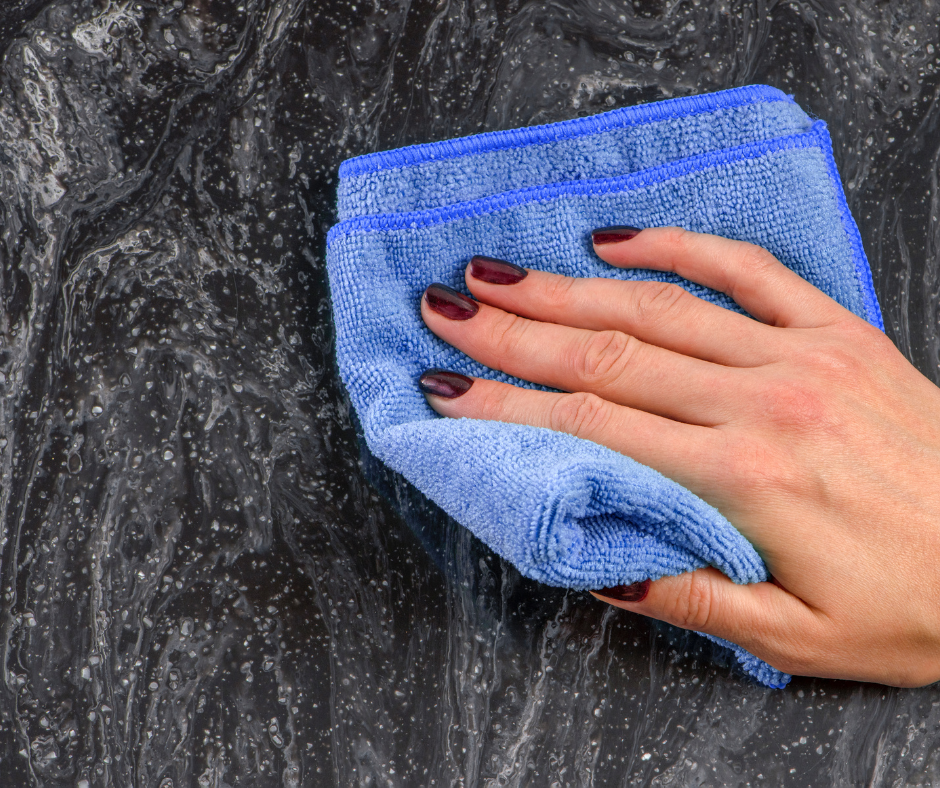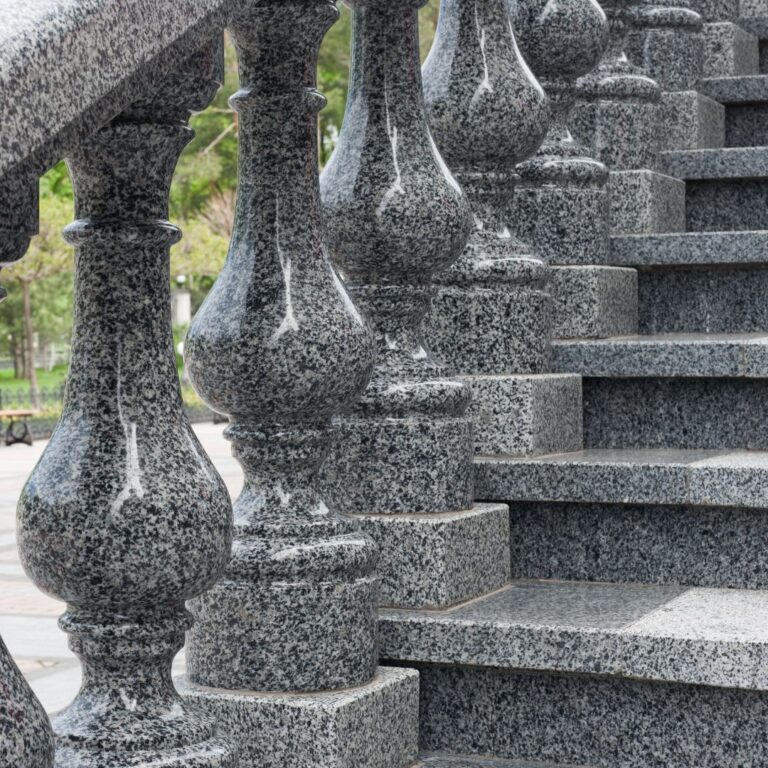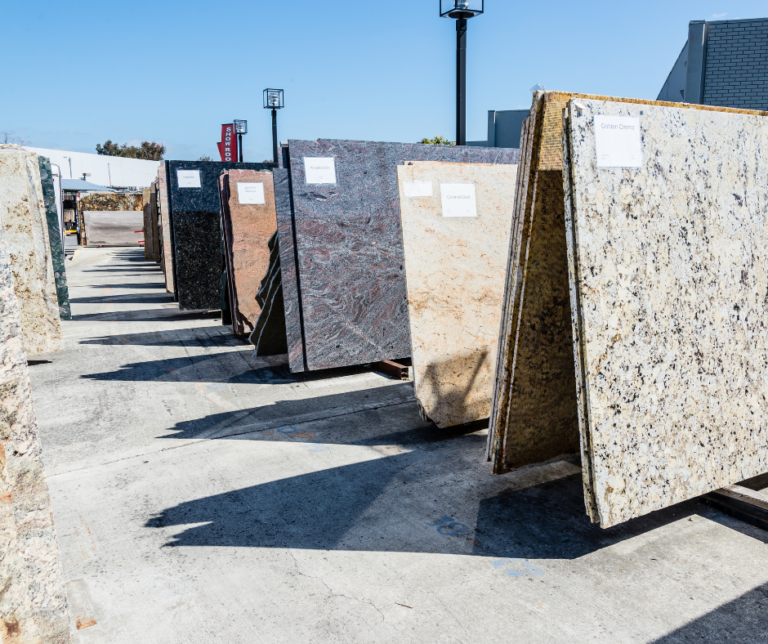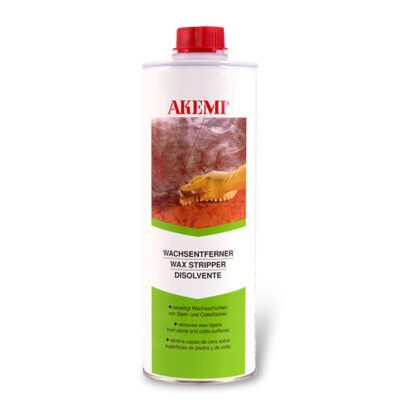Kamień naturalny to materiał, który dodaje elegancji, prestiżu i trwałości każdemu wnętrzu. Bez względu na to, czy mamy do czynienia z granitem, marmurem, trawertynem, czy konglomeratem, jego piękno jest niezaprzeczalne. Aby jednak kamień naturalny zachował swoje walory estetyczne przez lata, konieczna jest odpowiednia pielęgnacja, z naciskiem na regularną impregnację oraz stosowanie dedykowanych środków czyszczących.
Impregnacja kamienia naturalnego to podstawowy zabieg pielęgnacyjny, który ma na celu zabezpieczenie jego powierzchni przed wnikaniem zabrudzeń, wilgoci oraz różnego rodzaju plam. Impregnaty tworzą na powierzchni kamienia niewidoczną warstwę ochronną, która minimalizuje ryzyko uszkodzeń mechanicznych, zarysowań oraz korozji chemicznej. Działanie impregnatów polega na wnikaniu w pory materiału, co tworzy barierę ochronną. Impregnaty chronią kamień przed wnikaniem cieczy, co jest szczególnie ważne w przypadku materiałów porowatych, takich jak marmur czy trawertyn. Dzięki temu możemy uniknąć plam po olejach, winie czy sokach. Dodatkowo impregnaty zwiększają odporność na zanieczyszczenia, minimalizując ryzyko osadzania się brudu, kurzu oraz mikroorganizmów na powierzchni kamienia. Warto również podkreślić, że impregnacja ułatwia konserwację, ponieważ impregnowany kamień jest łatwiejszy do utrzymania w czystości, a regularne czyszczenie nie wymaga użycia agresywnych środków chemicznych.
Częstotliwość impregnacji zależy od rodzaju kamienia oraz intensywności jego użytkowania. Granit, ze względu na swoją twardość i niską porowatość, wymaga impregnacji co 1-2 lata. Marmur, będący bardziej porowaty i podatny na plamy oraz uszkodzenia mechaniczne, powinien być impregnowany co 6-12 miesięcy. Trawertyn, również ze względu na wysoką porowatość i tendencję do absorpcji wilgoci, wymaga impregnacji w podobnym zakresie czasowym. Konglomeraty, zwłaszcza te z domieszką żywic, są mniej porowate, dlatego impregnację można wykonywać co 1-2 lata.
Oprócz impregnacji, kluczowym elementem dbania o kamień naturalny jest regularne czyszczenie. Ważne jest, aby stosować odpowiednie środki czyszczące, które są dostosowane do rodzaju kamienia. Do codziennego mycia najlepiej używać łagodnych, neutralnych detergentów. Należy unikać agresywnych środków chemicznych, które mogą uszkodzić powierzchnię kamienia, zwłaszcza marmuru i trawertynu. Specjalistyczne preparaty dostępne na rynku nie tylko czyszczą, ale także odświeżają kolor i strukturę kamienia, na przykład preparaty z dodatkiem wosku. W przypadku tłustych plam, na przykład na blatach kuchennych, można zastosować delikatne odtłuszczacze przeznaczone do kamienia, przy czym ważne jest, aby były one bezpieczne dla danego typu kamienia.
Granit, będący stosunkowo odpornym na zabrudzenia, wymaga regularnego przecierania wilgotną ściereczką. Do usunięcia większych zabrudzeń można używać łagodnych detergentów. Raz na miesiąc warto przetrzeć granit specjalnym preparatem, który odświeży jego kolor i doda blasku. Marmur, z kolei, wymaga delikatniejszej pielęgnacji. Najlepiej codziennie czyścić go miękką ściereczką i ciepłą wodą z dodatkiem łagodnego detergentu, unikając środków na bazie kwasów, które mogą uszkodzić powierzchnię. Regularne stosowanie specjalistycznych preparatów do marmuru chroni go przed zarysowaniami i wnikaniem plam. Trawertyn, ze względu na swoją porowatość, wymaga szczególnej troski. Warto regularnie odkurzać i przecierać jego powierzchnię, aby uniknąć osadzania się brudu w porach. Co kilka miesięcy można stosować specjalne woski do trawertynu, które zabezpieczą jego powierzchnię i dodadzą jej blasku. Konglomeraty, będące stosunkowo łatwe w pielęgnacji, można czyścić łagodnymi detergentami, unikając środków zawierających aceton lub alkohol, które mogą uszkodzić powierzchnię. Regularne przecieranie miękką ściereczką wystarczy, aby zachować ich estetykę.
Oprócz regularnego czyszczenia i impregnacji, warto wykonywać również inne zabiegi konserwacyjne, które pozwolą utrzymać kamień w doskonałej kondycji. Polerowanie kamienia, szczególnie marmuru i granitu, pozwala przywrócić mu oryginalny blask, a zabieg ten można wykonywać co kilka lat, w zależności od stopnia zużycia powierzchni. W przypadku powstania trudnych plam, na przykład po winie czy kawie, należy działać szybko. Można użyć specjalnych past do usuwania plam z kamienia, które skutecznie usuwają zabrudzenia bez uszkadzania powierzchni. Szczególną uwagę należy zwrócić na spoiny między płytkami kamienia, które z biegiem czasu mogą wymagać odświeżenia lub ponownego uszczelnienia, aby zapobiec wnikaniu wilgoci i brudu.
Podsumowując, dbanie o kamień naturalny to proces wymagający regularności, staranności oraz zastosowania odpowiednich środków i technik. Niezależnie od tego, czy posiadasz granitowy blat kuchenny, marmurową posadzkę, czy trawertynową ścianę, kluczowe znaczenie ma impregnacja, czyszczenie oraz odpowiednia konserwacja. Dzięki temu kamień nie tylko zachowa swoje walory estetyczne, ale także będzie służył przez wiele lat, wprowadzając do wnętrza ponadczasowy charakter i elegancję.









 Środek do usuwania wosku tłuczczu z kamienia granitu marmuru - Washsentferner 1l
Środek do usuwania wosku tłuczczu z kamienia granitu marmuru - Washsentferner 1l  Marmurowy wanna Marmara
Marmurowy wanna Marmara